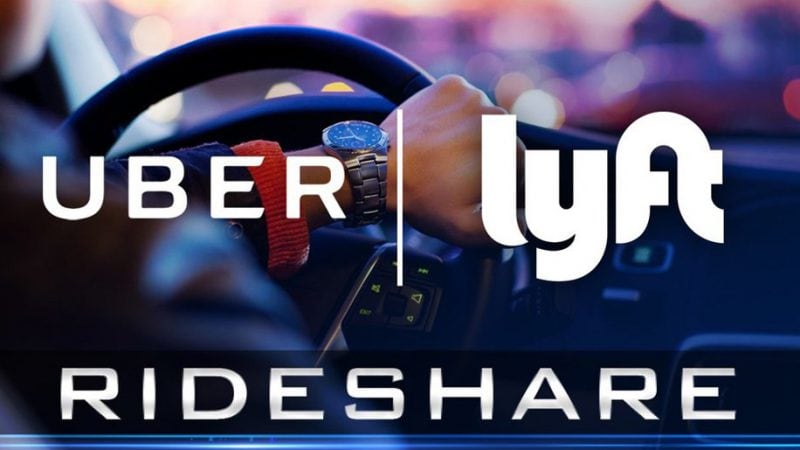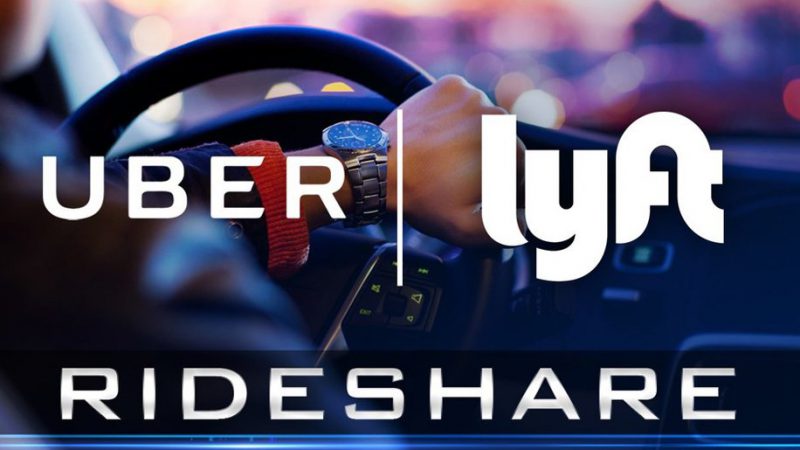Emergency Stay Allows Uber and Lyft to Continue in California
Rideshare companies had threatened to suspend operations in response to new employment law
August 19, 2020


A California appeals court judge has granted rideshare giants Uber and Lyft an emergency stay on the preliminary injunction would have forced the companies to reclassify their drivers as employees, which was to have gone into effect Aug. 21.
The stay allows the companies to continue operations in California rather than shut down or be forced to reclassify drivers as employees instead of independent contractors
extends the Friday deadline to at least mid-October, when the court will hear oral arguments.
Lyft had announced earlier on Aug. 19 that it was suspending ride-sharing operations in California. Competitor Uber had threatened a similar move, pending the appeals court ruling.
Both San Francisco-based companies have threatened to cease ride-share operations in the state rather than comply with a new law, known as AB5, that the companies say would disrupt the current business model, which relies heavily on independent contractors.
“This is not something we wanted to do,” Lyft wrote in the blog post Thursday. “We’re personally reaching out to riders and drivers to share more about why this is happening, what you can do about it, and to provide some transportation alternatives.”
The company maintains that “4 out of 5 drivers don’t support” the new requirements, and encourages readers to support California Proposition 22, which would let voters decide the issue and make “the necessary changes to give drivers benefits and flexibility, while maintaining the rideshare model.”
In the Aug. 10 ruling, a California judge found Uber and Lyft had misclassified their drivers, thus preventing them from receiving “the compensation and benefits they have earned through the dignity of their labor,” such as the right to minimum wage, sick leave, unemployment insurance and workers’ compensation benefits.
Both Lyft and Uber argue that their current model allows drivers more flexibility while providing “a minimum earnings guarantee, mileage reimbursement, a health care subsidy, and occupational accident insurance, without the negative consequences.”
Labor organizers say the companies should be required to pay regular worker protections and benefits. The companies respond that the new law would mean 80 percent of its drivers would lose work “and the rest would have scheduled shifts and capped hourly earnings,” according to a Lyft statement.




